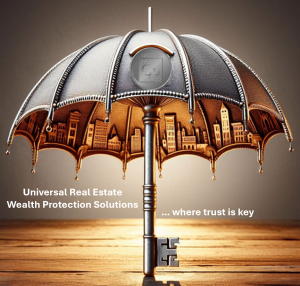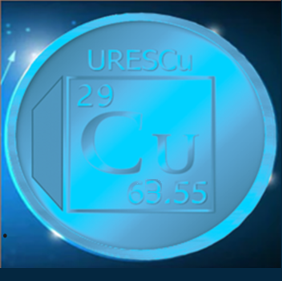

Search:
(clear)
- Accredited Investor
- Address
- After Repair Value
- ARV
- Airdrop
- Anti-Money Laundering
- AML
- Appreciation
- As-is
- Ask-Me-Anything
- AMA
- Asymmetric Key Cryptography
- Atomic
- Automated Market Maker (AMM)
- Bad Debt Buying
- Bargain and Sale Deed
- Barter
- Barter currency
- Barter cryptocurrency
- Basis
- Basis Point
- Bitcoin
- Blockchain
- Bonding Curve
- Bricked Funds
- Bridge Loan
- Burn
- Cashflow
- Cash-on-cash return
- Closely Held
- Coin
- Collateralized Currency
- Collateralized Debt Obligation
- Consensus Protocol
- Contract Account
- Control
- Credit delegation
- Crypto-asset
- Crypto exchange
- Cryptocurrency
- Cryptographic Hash
- Current Condition Value
- CCV
- dApp
- Debt
- Decentralized Autonomous Organization
- DAO
- Decentralized Exchange
- DEX
- Decentralized Finance
- DeFi
- Deed
- Deed of Trust
- DOT
- DeFi
- DeFi Legos
- Depreciation
- Digest
- Direct Incentive
- Double Spend
- Due Diligence
- Dutch Auction
- Equity
- Equity token
- ERC-20
- ERC-721
- ERC-1155
- Escrow
- Ethereum
- ETH
- Ethereum 2.0
- Ethereum
- Externally Owned Account
- EOA
- Factoring
- Fair Market Value
- FMV
- Fiat Currency
- Fintech
- Flash Loan
- Flash swap
- Fork
- Fungible
- Non-fungible
- Gas
- Geoblock
- Governance Coin
- Governance Token
- Governance Token
- Governance Coin
- Grant Deed
- Halting Problem
- Hash
- Hexadecimal
- Horizontal Scaling
- Impermanent Loss
- Incentive
- Initial Defi Offering
- IDO
- Initial DeFi Offering
- IDO
- Initial Exchange Offering
- IEO
- Invariant
- Keeper
- Know Your Business
- KYB
- Know Your Customer (KYC)
- KYC
- Layer 2
- Leasehold
- Liquidity
- Liquidity Provider
- LP
- Mainnet
- Mezzanine Debt
- Miner
- Miner Extractable Value
- Mint
- Mortgage Deed
- Multi-family Housing
- MFH
- Networked Liquidity
- Node
- Non-fungible
- Fungible
- Non-Fungible Token
- NFT
- Non-recourse loan
- Nonce
- Note Brokering
- Buying
- Optimistic Rollup
- Option
- Oracle
- Order Book Matching
- Perpetual futures contract
- Points
- Private Offering
- Proof of Stake
- PoS
- Proof of Work (PoW)
- PoW
- Quitclaim Deed
- Real Estate Owned
- REO
- REXNET
- Router Contracts
- Scaling Risk
- Schelling-Point Oracle
- Seller financing
- Sharding
- Single Family Housing
- Single Family Residence
- SFH
- Single Family Residence
- Single Family Housing
- SFR
- Slashing
- Slashing Condition
- Smart Contract
- Sophisticated Investor
- Sovereign Lien
- Special Purpose Deeds
- Specie
- Stablecoin
- Staked Incentive
- Staking
- Swap
- Symmetric Key Cryptography
- Testnet
- Token
- Token vs coins
- Trading pairs
- Transparency
- TROPTIONS
- XTROPTIONS
- Utility Token
- Value
- Vampirism
- Vault
- Velocity of Capital
- Vertical Scaling
- Vet
- Vett
- Wallet
- Crypto-wallet
- Warranty Deed
- Wholesaler
- Yield Farming
A quitclaim deed is used to transfer property between familiar parties, such as family members or even divorced spouses. A quitclaim deed offers little legal protection to the grantee (the recipient of the transfer). If the grantor turns out not to legally own the property outlined in the deed, the grantee can’t take legal action. In addition, there are no legal protections against liens or other encumbrances that might exist on the property. Quitclaim deeds involve a high degree of trust as a result, and are preferred by people who know each other well. This type of deed can also be used if the grantor isn’t entirely sure of the title’s status, and whether or not it has any defects.

